Bukele Clamps Down on Dissent
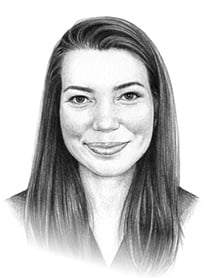
Bukele Clamps Down on Dissent
In El Salvador, human rights violations extend beyond the country’s notorious prisons.
Eleonora Alfaro, the mother of human rights lawyer Ruth López, speaks at a press conference following the arrest of her daughter by Salvadoran police in Santa Tecla, El Salvador, on May 19. Marvin Recinos/AFP via Getty Images
Welcome back to Foreign Policy’s Latin America Brief.
The highlights this week: El Salvador escalates repression against government critics, Mexico City reels from a pair of high-profile killings, and a Brazilian scientist wins the so-called Nobel Prize of agriculture.
Welcome back to Foreign Policy’s Latin America Brief.
The highlights this week: El Salvador escalates repression against government critics, Mexico City reels from a pair of high-profile killings, and a Brazilian scientist wins the so-called Nobel Prize of agriculture.
El Salvador’s Authoritarian Turn
Authorities in El Salvador detained one of the country’s most prominent human rights lawyers on May 18. The security agents who took Ruth López from her home did not say where she was going or allow her to speak to a lawyer, according to Cristosal, the organization López works for.
López has filed multiple legal complaints against Salvadoran President Nayib Bukele’s administration, accusing it of misusing COVID-19 pandemic funds and breaking government transparency standards. Hours after her arrest, the country’s attorney general posted on X that López had embezzled government money. López’s mother said that she was “completely innocent” and was being targeted for her work.
“Her arrest appears to be part of increased efforts to silence critics of the Bukele government,” said Juanita Goebertus, the Americas director at Human Rights Watch.
The United Nations expert on judicial independence also voiced concern, writing that López’s case could be part of a “broader pattern of repression against civil society” in El Salvador. Numerous data points support this assertion.
This month, three journalists from El Faro, El Salvador’s most prominent investigative news site, fled the country after the site received what it called credible information that the government was preparing to arrest them. Days earlier, El Faro published a story in which a former gang boss detailed secret deals he said he made with Bukele’s government. Bukele portrays himself as tough on crime.
On May 20, El Salvador’s congress passed a “foreign agents” bill that will implement a 30 percent tax on international donations to nonprofits. It requires increased monitoring of such organizations and potential restrictions on them.
Similar foreign agent laws have been used to stifle dissent in Russia and El Salvador’s authoritarian neighbor, Nicaragua.
Experts argue that El Salvador under Bukele, who took office in 2019, has become emblematic of democratic decline. The Varieties of Democracy research institute classifies the country as an electoral autocracy; according to the organization, El Salvador is second only to Burkina Faso in terms of democratic regression since 2017. (Burkina Faso experienced two military coups during that timeframe.)
Bukele has denied accusations of undemocratic behavior, especially as his administration tries to market El Salvador as a destination for tourists and investors. Andrés Guzmán, the country’s freedom of expression commissioner, told the Washington Post this month that journalists can “say whatever they want, including lies” if they do not commit a crime. (He resigned shortly thereafter, but he praised Bukele.)
U.S. Rep. Gregory Meeks, the ranking Democrat on the House Foreign Affairs Committee, spoke out about López’s detention, posting that the United States should oppose efforts “to weaken the rule of law in El Salvador.”
In the past, Meeks’s efforts might have garnered bipartisan support. Under former U.S. President Joe Biden, both Democrats and Republicans issued statements of concern about human rights violations in Latin America.
But since U.S. President Donald Trump took office in January, Republicans have generally remained silent about Bukele’s alleged abuses. The Trump administration is paying Bukele to imprison third-country deportees from the United States in a maximum security prison, which is in violation of a U.S. judge’s order.
“Decades of bipartisan U.S. human rights policies toward Latin America have officially vanished,” former U.S. ambassador to the Organization of American States Frank O. Mora wrote this week in Americas Quarterly.
Surveys often identify Bukele as one of the most popular politicians in the region. But a recent poll in El Salvador also found that 65 percent of respondents said that they believed they could face consequences if they expressed political opinions—suggesting that Bukele’s popularity numbers could be inflated.
Upcoming Events
Saturday, May 24: Daniel Noboa is inaugurated for a second term as president of Ecuador.
Sunday, May 25: Venezuela holds legislative and regional elections.
Sunday, May 25: Suriname holds a general election.
What We’re Following
Honduras plans to quit coal. At a United Nations climate event in Panama on May 21, Honduras announced that it will phase out all of its unabated coal power plants and cancel a plan for a power station in the northern town of Puente Alto.
The news led climate group Global Energy Monitor to declare Latin America and the Caribbean completely free of active coal plant proposals. Instead, renewable power stations abound, including a geothermal plant under construction in the volcanic island of Dominica. (Argentina and Brazil each have plans to build new coal-fired plants, but both have long been stalled.)
Coal provided only an estimated 4 percent of the region’s electricity in 2024. Still, around one-third of the region’s remaining coal-fired power capacity has no shutdown timeline scheduled, according to Global Energy Monitor.
A person walks by a memorial for Ximena Guzmán, personal secretary to Mexico City Mayor Clara Brugada, and José Muñoz, Brugada’s advisor, in Mexico City on May 21.Josue Perez/Zuma Press Wire/Reuters
Killings in Mexico City. On May 20, two top aides to Mexico City Mayor Clara Brugada were killed in a close-range shooting in the capital. The killings shocked the city, which is generally spared from Mexico’s worst violence. Though investigators did not immediately announce a suspect, analysts said the nature of the shootings suggested a professional hitman.
The violence was not without precedent. When President Claudia Sheinbaum was Mexico City’s mayor, police chief Omar Harfuch survived an assassination attempt by a cartel that killed two of his bodyguards. Harfuch is now in charge of Sheinbaum’s national security policy.
Sheinbaum has rolled out a more aggressive approach to tackling organized crime than her predecessor, Andrés Manuel López Obrador. But this week’s events showed that Mexico’s security challenges remain daunting.
Guyanese expressionism. Guyanese visual artist Aubrey Williams is enjoying a revival of interest in London. Williams, who died in 1990, is the subject of a new book and a show at the internationally focused October Gallery, which first exhibited his work in the 1980s.
Williams was a leader of the Caribbean Artists Movement in the United Kingdom in the 1960s. The movement debated questions of Caribbean identity, and Williams was one of its “ideas men,” historian Malachi McIntosh told the Guardian.
Williams created large, abstract, and often expressionist paintings that referenced both nature and Indigenous cultures in the Americas. He was trained as an agronomist before becoming a painter, and much of his work explored the relationship between people and the earth. The October Gallery’s Chili Hawes described Williams as “ahead of his time.”
Question of the Week
What year did Guyana become independent from the United Kingdom?
1966
1976
1986
1996
The Guyanese independence movement was in swing well before then, but the United States and United Kingdom worked together to boost a local leader seen as friendly to their interests. Guyana marks its Independence Day on May 26.
FP’s Most Read This Week
- Russia Has Started Losing the War in Ukraine by Michael Kimmage
- Where Have All the Geostrategists Gone? by Theodore Bunzel
- Elon Musk Was Donald Trump’s Useful Idiot by Gideon Lichfield
In Focus: Agriculture Science Prize
Workers harvest soybeans at the Bom Jardim Lagoano farm in Montividiu, Brazil, on Jan. 22, 2024.Sergio Lima/AFP via Getty Images
Brazilian scientist Mariangela Hungria won this year’s World Food Prize, nicknamed the Nobel of agriculture, on May 12.
Hungria, 67, has worked at Brazil’s state agricultural research company, Embrapa, for decades. Her award-winning research developed a biological—rather than chemical—method to increase crop yields for grains. Specialized seeds and soil treatments that Hungria pioneered allowed plants such as soybeans and corn to absorb more nutrients from bacteria in soil.
Hungria’s work helped Brazil expand its soy production by over 10 times its volume since the 1980s, making it the world’s largest soy producer.
According to a paper that Hungria co-authored, using biological rather than nitrogen fertilizers in Brazil’s soy crops in the 2019-2020 season saved farmers more than $15 billion and reduced carbon dioxide emissions by more than 180 million metric tons.
The vast majority of Brazilian agriculture is still treated with chemical methods, suggesting ample room for the technique to expand.
Innovative techniques to improve food yield will only become more important in a warming world. A Christian Aid report this month estimated that due to climate change, around 60 percent of banana-exporting areas of Latin America and the Caribbean could be unsuitable for producing the fruit by 2080. The region exports more bananas than any other part of the world.
Hungria’s biological method only grew as much as it did in the soy sector due to long-term engagement between scientists and industry, she told CBN, saying, “It’s not enough to have a million solutions on the shelf if they don’t reach the business world.”
Catherine Osborn is the writer of Foreign Policy’s weekly Latin America Brief. She is a print and radio journalist based in Rio de Janeiro. X: @cculbertosborn
Stories Readers Liked
In Case You Missed It
A selection of paywall-free articles

Four Explanatory Models for Trump’s Chaos
It’s clear that the second Trump administration is aiming for change—not inertia—in U.S. foreign policy.

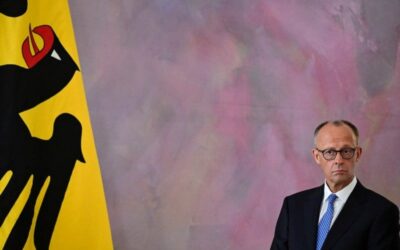

















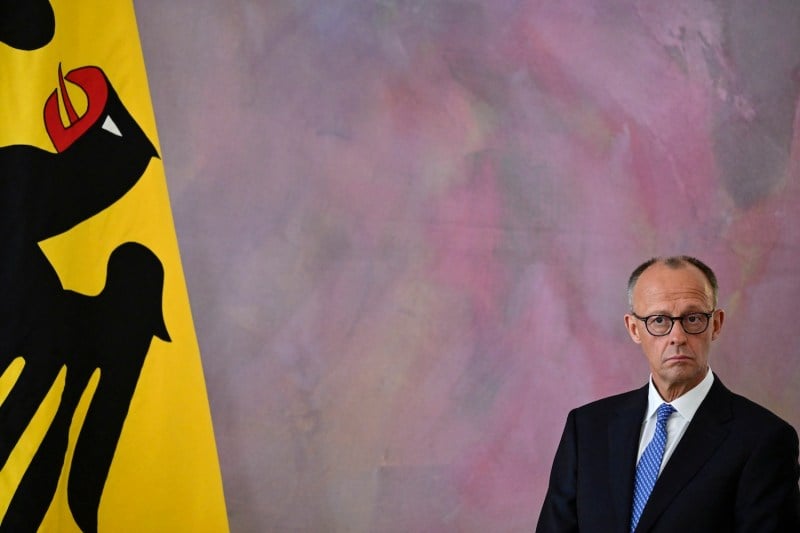
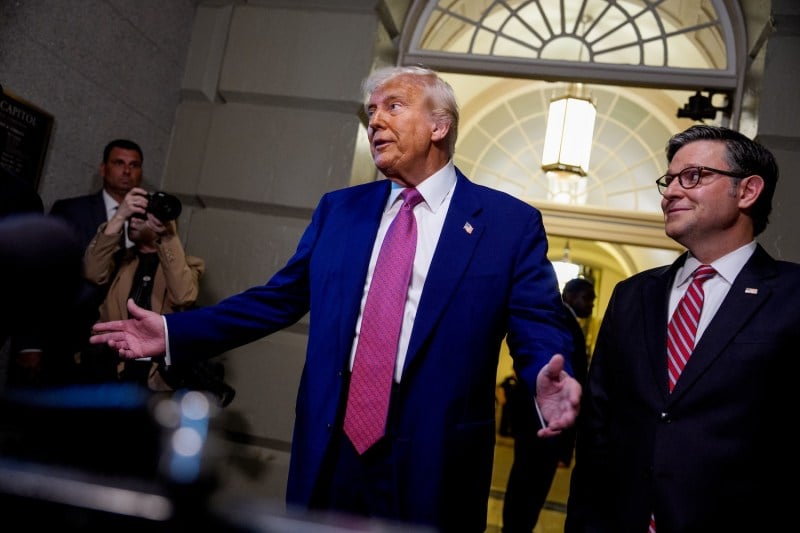
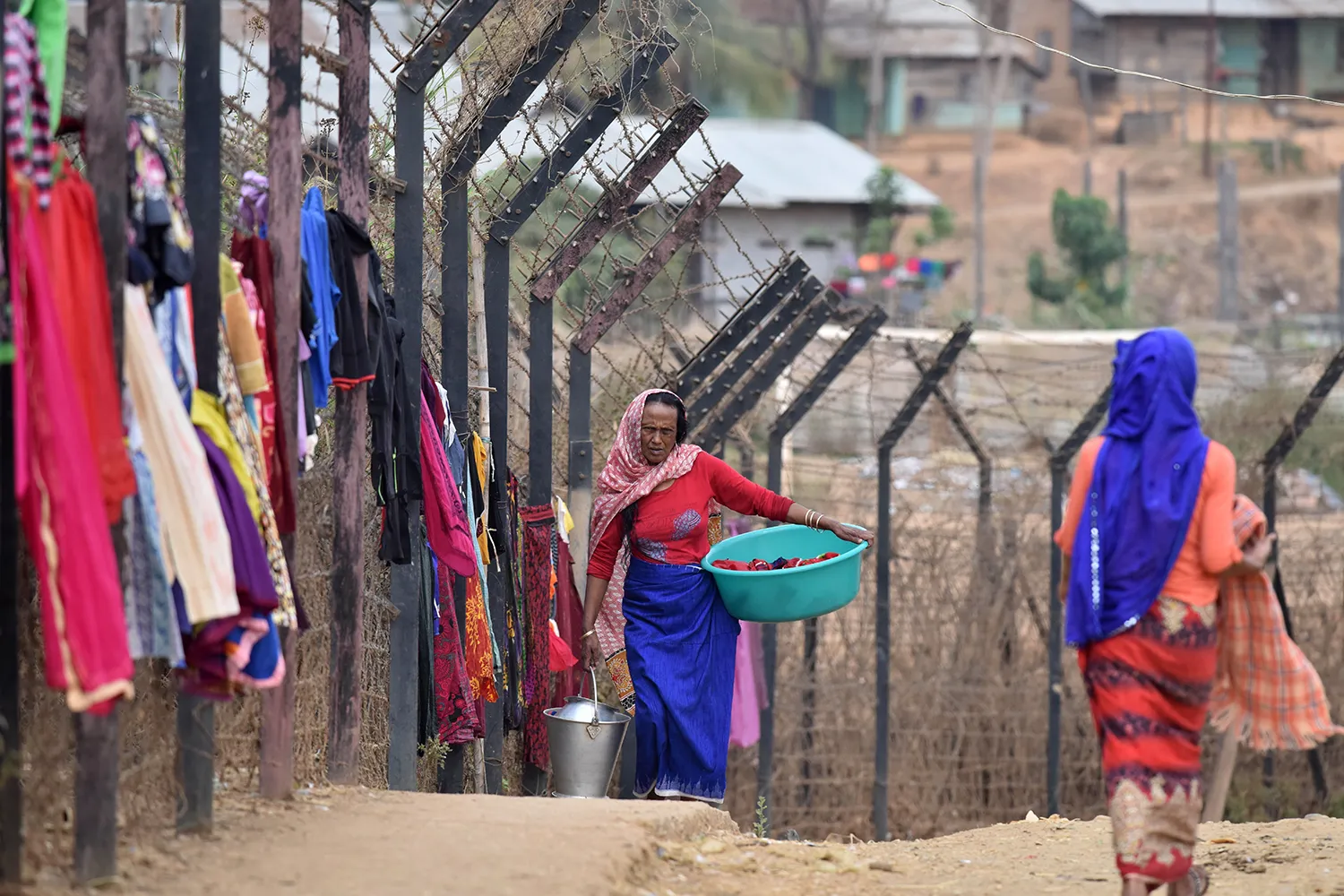

Join the Conversation
Commenting is a benefit of a Foreign Policy subscription.
Subscribe
Subscribe
Already a subscriber?
.
View Comments
Join the Conversation
Join the conversation on this and other recent Foreign Policy articles when you subscribe now.
Subscribe
Subscribe
Not your account?
View Comments
Join the Conversation
Please follow our comment guidelines, stay on topic, and be civil, courteous, and respectful of others’ beliefs.
View Comments
Change your username |
Log out
Change your username:
CANCEL
Confirm your username to get started.
The default username below has been generated using the first name and last initial on your FP subscriber account. Usernames may be updated at any time and must not contain inappropriate or offensive language.